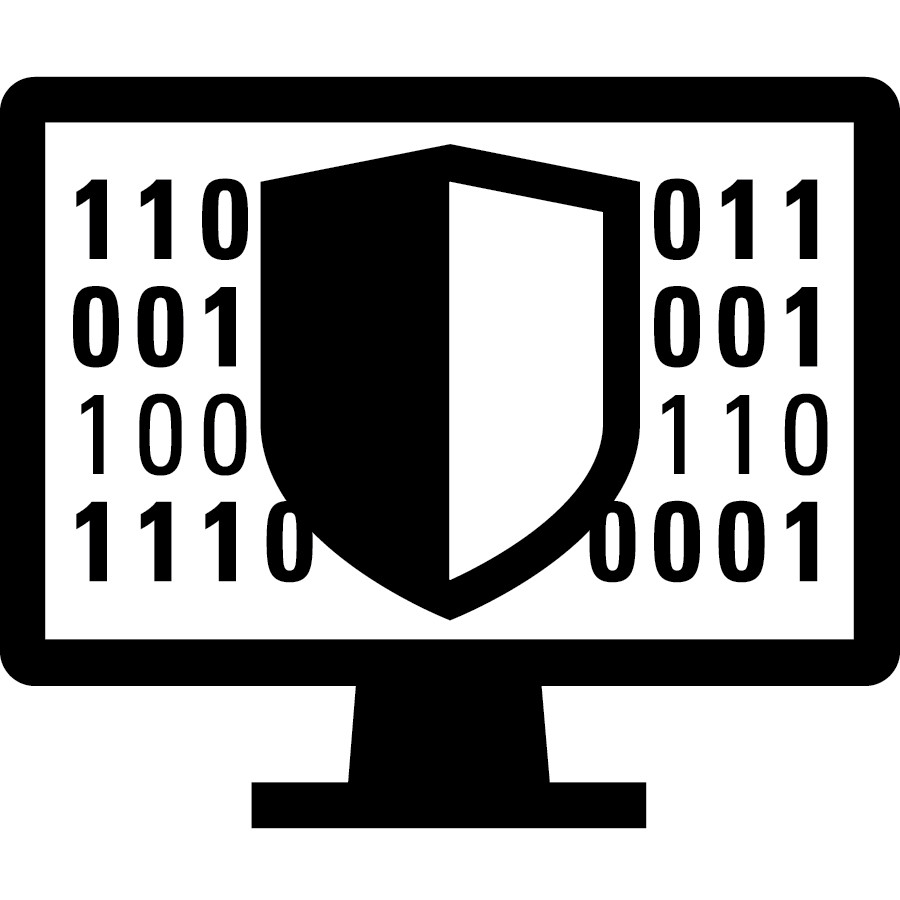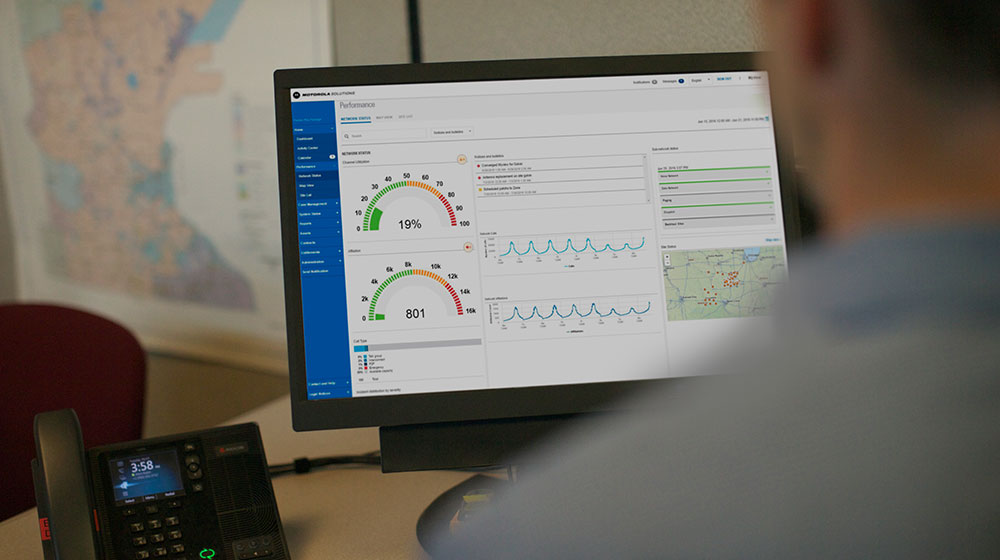Throughout my 23 years in law enforcement, I witnessed the transformation of policing through the adoption of technology. I had the privilege of watching agencies and officers adapt to new technological advancements designed to improve public safety.
Law enforcement has historically been quick to find new technologies to help with everyday police work. Whether it’s the ability to dispatch a service call from an in-car laptop or electronically capture details from the scene of an incident, technology increases efficiency and improves safety while providing a better record of investigations.
Not only has technology positively affected agency-wide systems and processes, but it also provides improved community engagement through the ability to document in-person interactions between law enforcement and citizens. The adoption of body worn cameras is an excellent example of this paradigm shift.
With years of technological advancements, where are agencies still lacking in providing a more efficient way of collecting evidence while building better community engagement?
The answer might surprise you: It’s cell phones.
Use of Cell Phones in Law Enforcement
While cell phones have become pervasive in everyday life, they remain unofficial tools for many police officers. It’s safe to assume all officers have personal cell phones. However, budgetary constraints often prevent their official widespread distribution and use.
The cost of equipping every officer with a cell phone and service plan leaves agencies with no option but to allow patrol officers to use personal phones for official police business–blurring the lines between work and personal life. Privacy remains the biggest concern since the information on an officer’s personal phone could be subject to public review. And this is just the tip of the iceberg.
Law enforcement leaders are left looking for cost-effective ways to improve community engagement and collect evidence during officer-conducted phone interactions. While at the same time finding tools to protect the officer’s privacy and personal phone from being subject to public review in a criminal trial.
A Virtual Solution to Real Problems: Virtual Phone Lines
The technology exists to solve these issues, and it’s available through virtual phone lines. Unlike traditional phone numbers that the phone company physically connects to your home, business or cellular device, virtual phone lines provide a phone number that is not tied to a specific device but instead assigned to an officer to use on any phone.
Virtual phone lines leverage cell phones’ ubiquity to help officers harness the computing power they already carry around with them daily. A proven and cost-effective technology, virtual phone lines are the next logical step in policing’s technological evolution–bringing new efficiency and accountability to law enforcement.
Benefits of Virtual Phone Lines for Law Enforcement
The list of benefits provided by virtual phone lines is long and goes beyond cost savings. They add value that traditional phone lines cannot deliver. Because the technology is cloud-based, virtual phone lines can instantly create a record of all contacts – calls and text messages – on a line. They can even record these calls when appropriate. Businesses already integrate such data into their customer relations management systems to improve outcomes; law enforcement agencies have the opportunity to do the same and enjoy similar results.
Like many other technological advances, they promise to not simply solve traditional problems but empower law enforcement in new ways.
10 Benefits of Virtual Phone Lines (VPL)
- There is a considerably lower cost of implementing VPL compared to issuing every officer a cell phone or reimbursing their phone bill.
- VPLs provide a virtual phone number attached to an officer’s personal device to protect their privacy and prevent their phone from being discoverable in court.
- Officers can immediately conduct interviews with victims, witnesses and suspects and record inbound and outbound communications without the evidence living on their personal device. They can listen to recorded calls again and provide accurate detail in an incident report.
- Recorded interviews, coupled with an incident report, can be uploaded into the agency’s RMS and assigned to a detective for follow-up investigation.
- The agency can expand from one line to hundreds of lines of service, within minutes, without having to deal with commercial phone companies.
- When an officer leaves the agency, one less piece of equipment needs to be collected and inventoried because VPL can be moved from one phone to another in seconds.
- Return calls from citizens can be routed directly to the officer’s VPL, relieving stress from dispatchers and communications centers.
- Officers deepen community relations in the neighborhoods they serve by providing citizens a, local phone number for easy accessibility. And by using a local number and not blocking their personal number, calls are more likely to be answered.
- The ability to review calls and track interactions provides oversight and agency transparency in the case of a citizen complaint.
- The agency can provide prosecutors more complete and detailed evidence, which leads to a better prosecution success rate.
As you can see, as the demand for accountability from law enforcement increases, virtual phone lines provide a safer investigative platform for all officers while providing more efficient criminal case management and community oversight.
Interested in learning more about virtual phone lines? Download the white paper.




